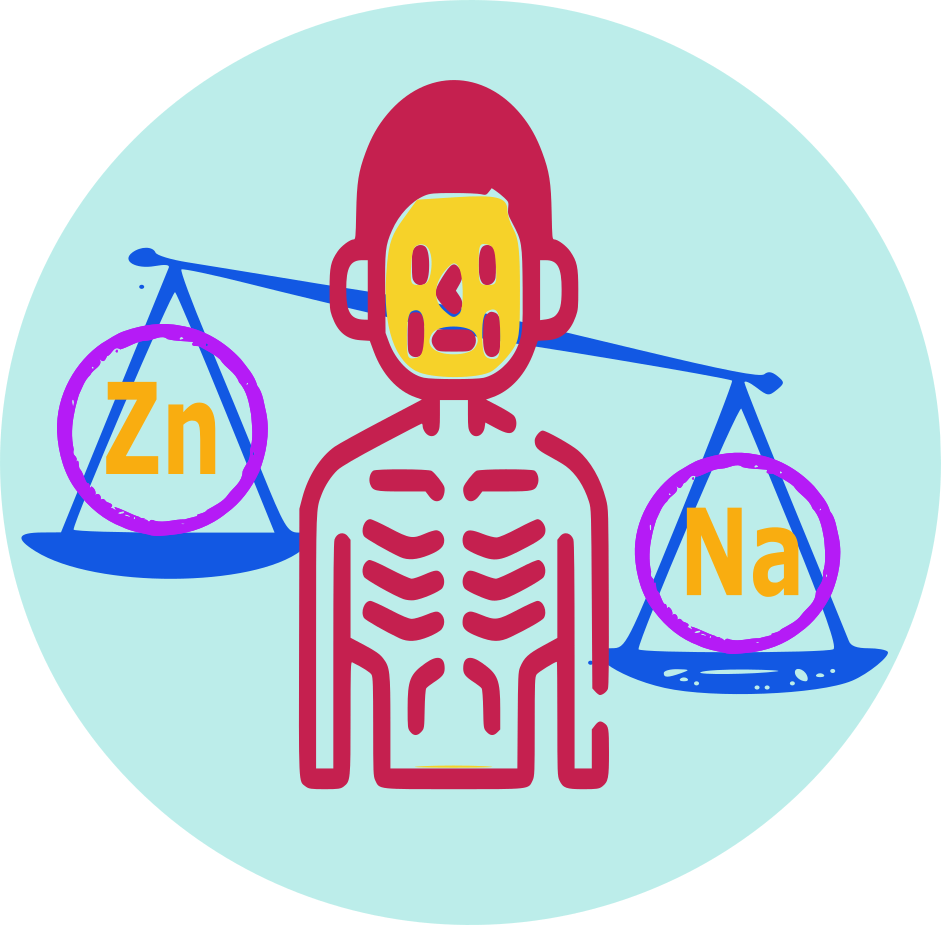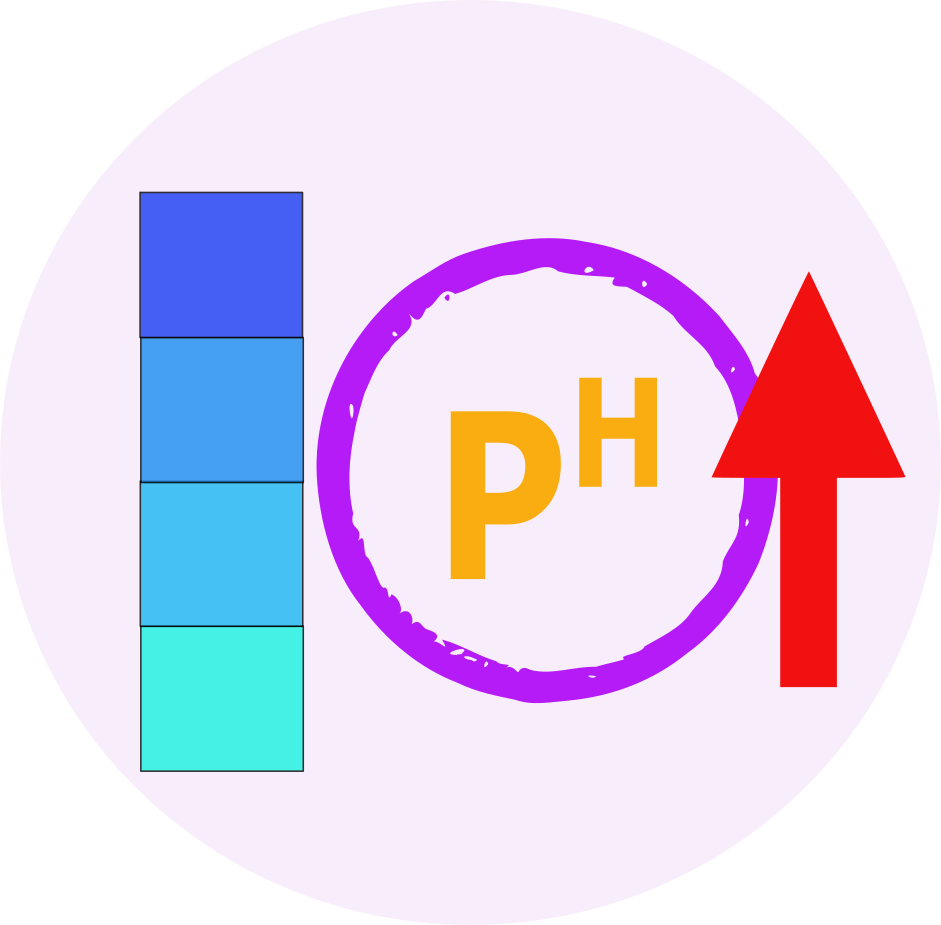| Name | Anhydrous Glucose + Potassium Chloride + Sodium Bicarbonate + Sodium Chloride |
| Classes |
Electrolyte and Nutrient ORS |
| Diseases |
Diarrhea Electrolytic Imbalance Hypokalemia (Low Potassium) |
Anhydrous Glucose + Potassium Chloride + Sodium Bicarbonate + Sodium Chloride
Anhydrous Glucose + Potassium Chloride + Sodium Bicarbonate + Sodium Chloride is classified as an electrolyte and glucose solution. The components of this solution provide essential electrolytes (potassium, sodium, chloride) and glucose to maintain the electrolyte balance and energy supply in the body. These electrolytes are important for various physiological processes, including nerve function, muscle contraction, and fluid balance.
Anhydrous Glucose + Potassium Chloride + Sodium Bicarbonate + Sodium Chloride is indicated for:
- Replacement of fluid and electrolyte loss in various conditions such as dehydration, diarrhea, vomiting, excessive sweating, or excessive urination.
- Supportive therapy in conditions requiring additional glucose and electrolytes.
- The dosage and administration of Anhydrous Glucose + Potassium Chloride + Sodium Bicarbonate + Sodium Chloride may vary depending on the specific product and the patient's condition. It is typically available as an intravenous solution.
- The dosage is determined by the healthcare provider based on the patient's needs, taking into consideration the degree of fluid and electrolyte loss and the patient's clinical condition.
- It is important to follow the instructions provided by the healthcare provider or the product label.
The following side effects may occur-
- Localized irritation or redness at the injection site.
- Electrolyte imbalance (such as hyperkalemia or hyponatremia) with excessive or rapid infusion.
- Allergic reactions (rare), including rash, itching, or swelling.
- Electrolyte imbalance: Anhydrous Glucose + Potassium Chloride + Sodium Bicarbonate + Sodium Chloride should be administered with caution, especially in patients with pre-existing electrolyte imbalances or conditions that may affect electrolyte levels (such as kidney dysfunction or heart failure).
- Fluid overload: Excessive or rapid infusion of the solution may lead to fluid overload, especially in patients with compromised cardiac or renal function. Close monitoring is necessary during administration.
- Hypersensitivity: Patients with known hypersensitivity to any of the components should avoid using this solution.
- Drug interactions: Anhydrous Glucose + Potassium Chloride + Sodium Bicarbonate + Sodium Chloride may interact with certain medications. It is important to inform the healthcare provider about all medications being taken.
- Pregnancy and breastfeeding: Safety in pregnancy and breastfeeding has not been well-established. Consultation with a healthcare provider is recommended before using this medication in these situations.
Contraindication
Anhydrous Glucose + Potassium Chloride + Sodium Bicarbonate + Sodium Chloride is contraindicated in the following situations:
- Known hypersensitivity or allergy to any of the components of the solution.
None known.
Anhydrous Glucose + Potassium Chloride + Sodium Bicarbonate + Sodium Chloride is contraindicated in the following situations:
- Hyperkalemia (high potassium levels) or severe kidney dysfunction.
- Metabolic or respiratory alkalosis.
- Severe fluid overload or congestive heart failure.
- Use in children without medical supervision.
- Concurrent use with medications that may have potential interactions or contraindications.
 Bangla
Bangla English
English




